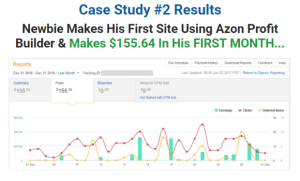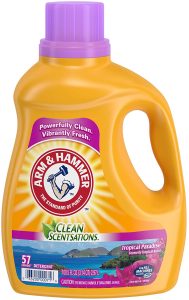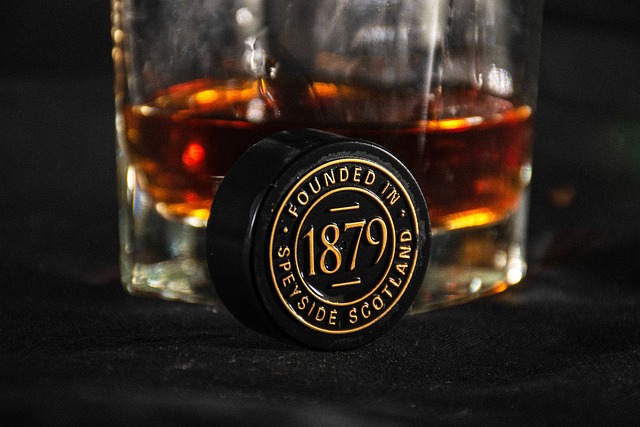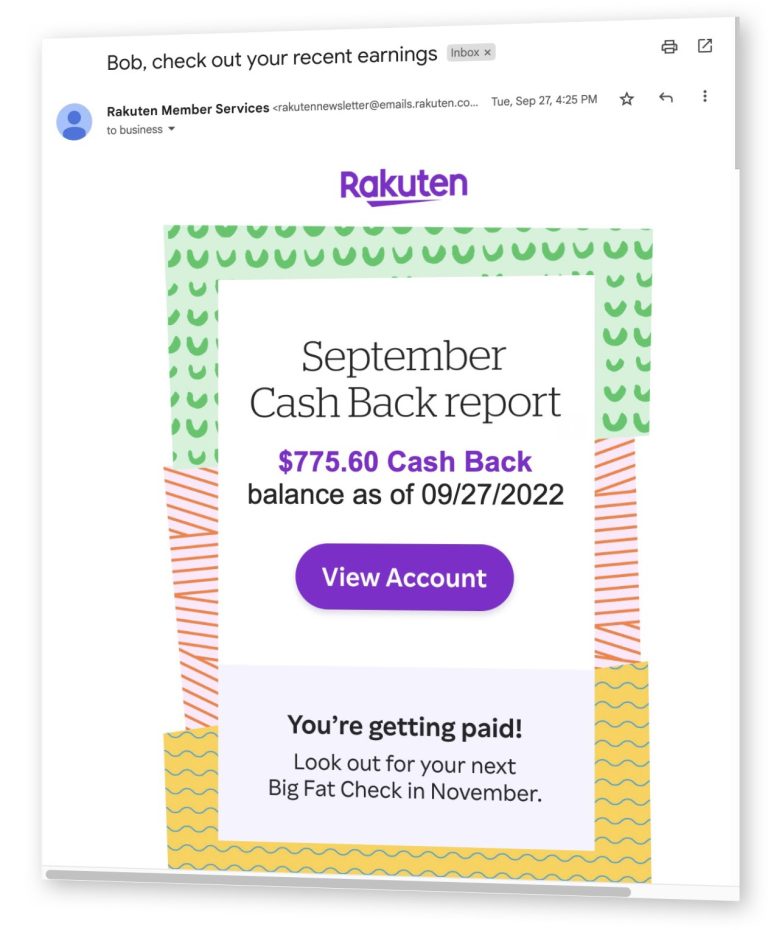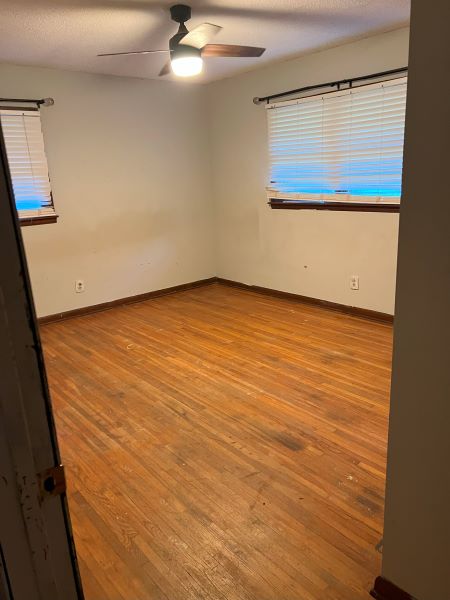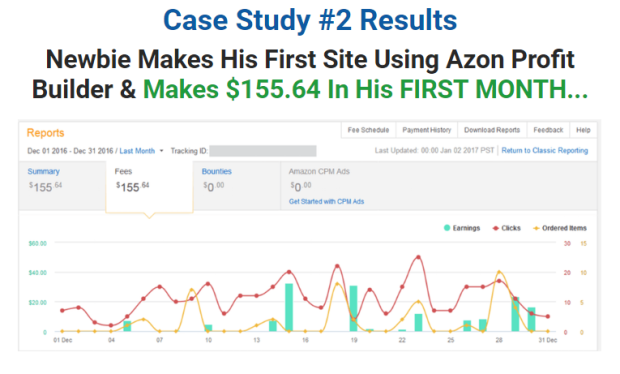LINKS MARKED * ARE AFFILIATE LINKS.
If you have friends who are whisky lovers then you have doubtless heard many stories about the massive returns on offer by investing in whisky!
Perhaps your friends have even made a few quid themselves by purchasing a rare bottle or two and then selling them on at a later date. Or, maybe they have shown you rare bottles selling for many thousands of pounds – or even hundreds of thousands of pounds – on whisky auction sites. All of this is enough to spark the interest of any investor, especially if you enjoy a wee dram yourself.
But how can you get into this type of investment class? Here are 3 possible routes in for you to consider.
1) Invest in a Whisky Bottle
So the first and perhaps most obvious route into whisky investment is to buy a rare bottle. But what should you look for? What sort of bottle might make for a good investment?
The first thing I would suggest here is to do lots of research. Reading one single blog post like this is not going to give you the knowledge to jump right in and buy, but we can help you to start your search.
A few things you can look for are as follows…
New Distilleries
Have you heard about a new distillery that is launching? Do they have management in place that have a track record of success in the industry? If you’re able to get hold of an early edition bottle from some of their first releases, then you might just find that the price of these rise as the popularity of the distillery grows.
A friend of mine made a bit of money via this route. He bought a couple of the first bottles from the Bruichladdich distillery when it first opened – Port Charlotte PC5 bottles he tells me. My friend bought them for around £65 each and sold one of them a few years later for £200+. He still has one today and is holding out for a good price. The man behind this distillery was Jim McEwan who was a master distiller and had worked for many years at Bowmore driving its growth. This instilled confidence into my friend that Bruichladdich would be a success and these early editions would be worth much more in the future.
Failing Distilleries
The opposite way to go about things than we have just mentioned above could be to look for distilleries that are in trouble and could be closing down. If you can pick up a bottle or two of the last editions of a whisky from a distillery such as this, then as time goes by these could also appreciate in value, as they will no longer be available.
Limited Editions
And, of course, limited edition bottles from renowned distilleries could be a safer and more obvious route to gains in the value of your whisky investments. You just might not make as much money, as every man and his dog seems to be at it these days.
2) Invest in a Whisky Cask
Another route into whisky investment could be via the purchase of a cask.
You may have seen advertisements plastered all over instagram to invest via this route but do be careful, there are many scams out there. Investing via a reputable broker might be a safer way in but if you do go it alone, be sure that all the correct documents are in place and that the barrel is stored correctly and is transferred into your name. If this doesn’t happen then you may not own the barrel in the way you think you do. Keep in mind that whisky investment is unregulated and therefore there is no real route for recourse if you do end up being scammed.
Some people who invested in whisky barrels 30 or so years ago have made upwards of £100k after selling them. Barrels of Ardbeg, for example, which were bought for £1,000 many years ago have sold for £200k+ plus in recent years. This is the thing with whisky investment, though, it’s more than likely a long term game!
3) Invest in Shares of Whisky Companies
Our 3rd and final route into whisky investment then is perhaps the easiest too, with less knowledge required and that is to invest in shares of whisky companies.
You could either invest in big parent companies like Diageo (Talisker & Dalwhinnie), Pernod Ricard (Aberlour and Glenlivet) or Moet Hennessy Louis Vuitton (Ardbeg & Glenmorangie).
Alternatively, if a new distillery is setting up shop then might it be possible – if not more risky – to buy into one of these via shares in the company? It’s not something I’ve looked into personally but a friend did mention that as a possible route in.
Conclusion
As we’ve seen then, there are various routes into whisky investing. Which one you choose might boil down to the level of risk you are happy to take and also how much money you have to invest.
Have you invested via any of the above routes? We’d love to hear your experience in the comments below!






